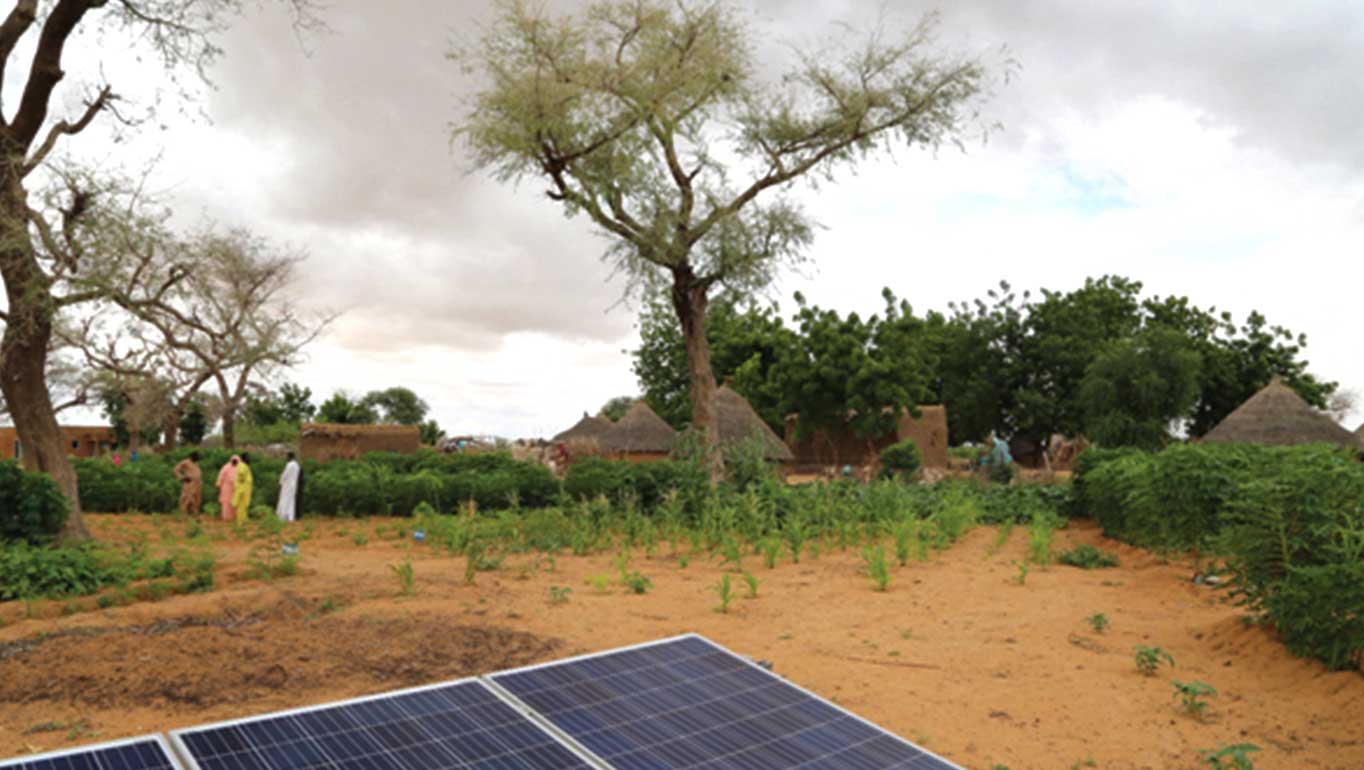The UN System Chief Executives Board for Coordination has endorsed a comprehensive strategy to mainstream sustainability considerations across all functions of the UN system and UN entities.
The strategy, also known as “Sustainability Strategy II,” describes ten essential environmental and social sustainability principles that should apply across the board, from the management of staff and facilities, to the implementation of programmes and to relationships with external partners and stakeholders.
The principles are not new. They are the sustainability principles promoted by the UN through the 2030 Agenda, international human rights instruments, the Common Agenda, and other multilateral frameworks. But to be credible, the UN must live up to the principles it promotes by also applying and defending them within the organization itself. The UN must walk the talk.
The UN is not starting from scratch. We can already demonstrate great achievements in sustainability management, and we are ahead of most other international organizations. Almost fifteen years ago, the UN made a commitment to become climate neutral – a commitment achieved by most individual UN-system entities today. It is also steadily closing the gender gap inside the organization – and it has set itself the goal to reach gender parity by 2028. There are strategies in place to focus attention on disabilities, youth and indigenous peoples across all functions. The UN has more than thirty different strategies and action plans in place to increase its performance on different aspects of sustainability. Sustainability Strategy II provides one unifying vision and framework for these many initiatives and strategies.
Holly Mergler, Policy Specialist at the UN Development Progrmme and co-chair of the UN Environment Management Group’s Consultative Process on Environmental and Social Sustainability in the UN System, emphasizes that this strategy aims to harmonize the many existing sustainability efforts in the UN and to provide one coherent vision. “This strategy is the result of a collaborative effort of more than 40 different UN entities, representing a diversity of mandates and profiles, to define how the UN system can lead by example when it comes to sustainability.”
The new strategy builds on the foundations laid by another sustainability strategy that was approved in 2019. The ground-breaking Sustainability Strategy I defined the vision for sustainability management in the UN that also underpins Sustainability Strategy II. While the 2019 Sustainability Strategy I translated the vision into very precise commitments for greening the UN’s management functions, such as facilities management, procurement and travel, the new 2021 Sustainability Strategy II elaborates this vision for all functions of the UN, including programmes, and for all dimensions of environmental and social sustainability.
The new Sustainability Strategy II not only asks each UN entity to define, on the basis of the ten agreed principles, what environmental and social sustainability means for its own work. It also encourages each entity to establish procedures and commit resources to make progress towards greater sustainability, track and publicly report on its performance, and ensure accountability to all stakeholder groups.
The strategy acknowledges that progress in sustainability management will be gradual and will vary across the system. “Some of the entities in the UN are already global leaders in sustainability management in a broad sense, while others may have very progressive visions on specific aspects of sustainability,” explains Edel Guenther, Director of UNU-Flores. “That’s why all entities have to learn from each other. This strategy will give a strong impulse to the UN system to exchange knowledge on sustainability and to work towards one common vision.”
The goal of Sustainability Strategy II is to establish the UN, by 2030, as the global leader in sustainability management that inspires governments, organizations, and citizens worldwide. Implementation will start in 2022, and a first UN-wide sustainability report is expected in 2024.
About the author
